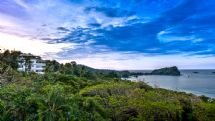Marine Turtles an Endangered Species
Olive Ridley Sea Turtle Laying Eggs
The richly bio-diverse area of Costa Rica provides vital nesting sites for six of the seven endangered species of marine turtles in the world. Of these six the Green turtle, Olive Ridley and the Loggerhead are considered as endangered while the Hawksbill and the Leatherback turtles remain critically endangered. Dependant on land and the ocean, the marine turtles lay their eggs on various beaches all around the globe. Only a few of the thousands of tiny hatchlings that emerge from the sands are lucky to make it to the ocean and embark on a successful journey to adulthood.
Threats
Prone to accidental capture in fishing gear and susceptible to being caught by trawlers, the marine turtles face various threats in and outside the ocean. Decline in the sea grass beds have also lead to a significant decrease in their numbers. Marine turtles depend largely on the nesting sites and the variety of the habitat offered at the sea for survival. These grounds have however come under pressure from development and pollution, largely from the tourism industry. At least forty beaches in Costa Rica provide fundamental nesting sites to the marine turtles. The protection of these nesting sites has a huge implication on the survival of these creatures. Ongoing conservation efforts in Costa Rica are significantly helping to prevent the extinction of these turtles and their habitats.
Nesting Spots
Intensive nesting sites include beaches like Tortuguero National Park, Playa Grande and Playa Naranjo in Santa Rosa National Park or you can head out to the massive nesting sites of Ostional Wildlife Refuge and Nancite beaches in Costa Rica to observe the natural phenomenon of ‘Arribada’, where synchronized nesting of thousands of turtles takes place between three to nine days. National parks, wildlife reserves and community-based ecotourism projects have provided a great boost to the conservation projects in Costa Rica. Volunteers and various non-profit organizations are helping in patrolling the nesting beaches of the marine turtles at night, educating the locals and facilitating with the general maintenance.With the basic goal of ensuring long-term survival, successful reproduction and population recovery of the turtle species, Costa Rica has been able to arrive at the forefront of the marine turtle conservation efforts. Being able to combine worthwhile community work with conservation, the country has stood up to its strong ethics for the preservation of the endangered species.
7 Days / 6 Nights
Starting at $978 per person
10 Days / 9 Nights
Starting at $1,440 per person




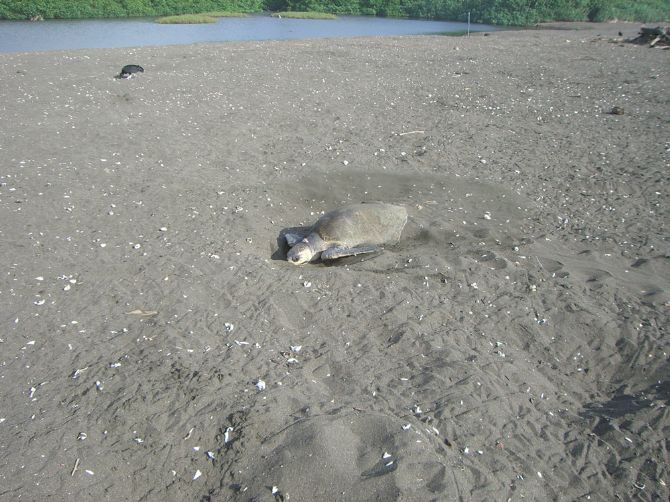
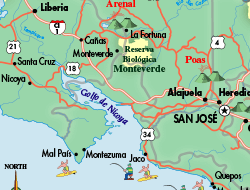
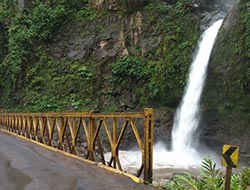
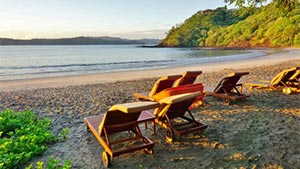
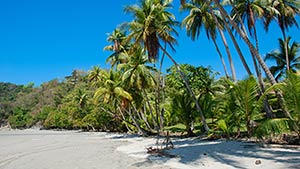


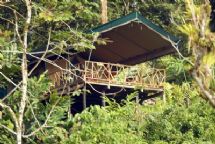
.jpg)



